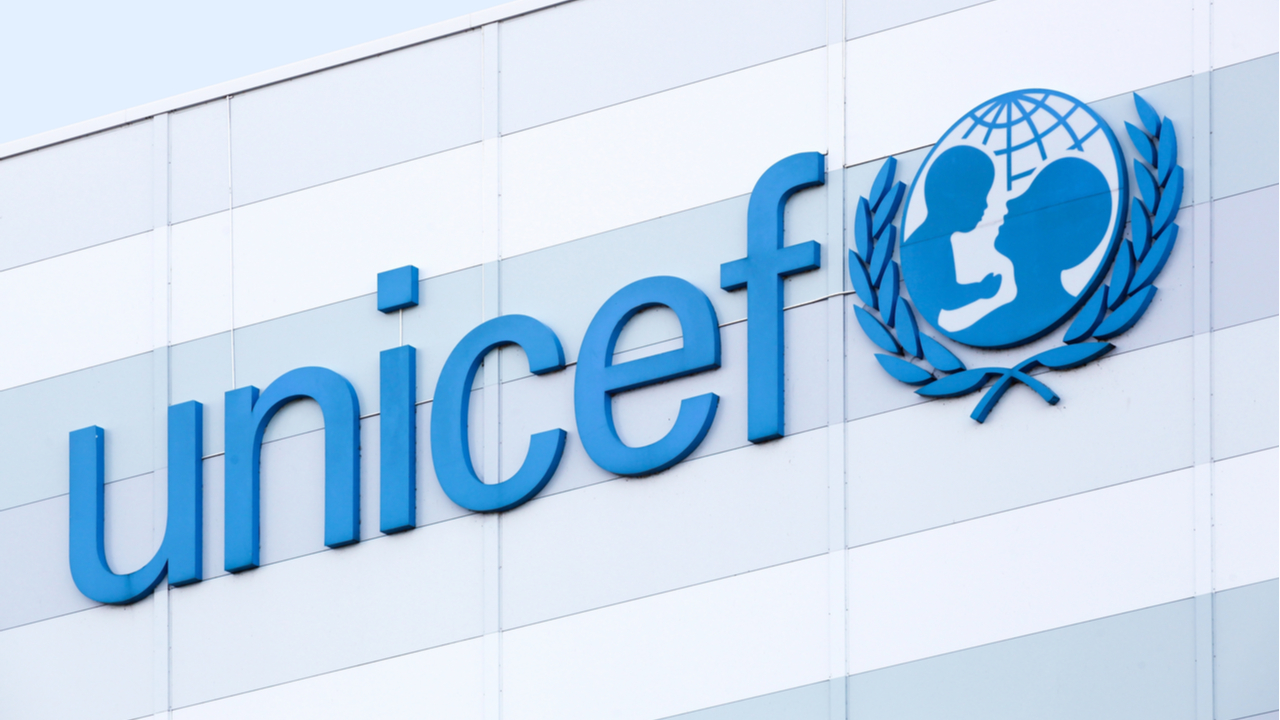
Crypto donations expose charities to a "new demographic of funders" that they can’t afford to miss out on.
Charities accepting crypto donations are setting themselves up for an entirely new demographic of funders — who just so happen to be one of the most giving, according to charity organizations.
Alex Wilson, the co-founder of The Giving Block, a crypto donation platform providing back-end support to charities, told Cointelegraph that the crypto community is still a market many charity organizations have nointeracted with.
The top charity organizations in the world by funds received including United Way Worldwide, Feeding America, and UNICEF. All three of them accept cryptocurrencies as a means of donation.
The Giving Block co-founder said the crypto community has been great with the “philanthropic use” of cryptocurrency, and those crypto donors are also some of the “most generous” — with the average gift being over $10,000.
UNICEF Australia New Product and Innovation Lead Zunilka Whitnall said it was important that charities implement blockchain technology to make their fundraising more transparent to the general public. She also noted that the technology will also give them access to a “new demographic of funders.”
Whitnall however noted that there is a “gap in understanding” of what blockchain is and how they work for many charity organizations.
Bryce Thomas, co-founder of Tokens for Humanity, an organization developing blockchain applications for the charity sector told Cointelegraph that the majority of cryptocurrency holders and users are between the ages of 18 to 35 — a demographic which is difficult for many charities to engage with.
Thomas said blockchain integration “solves the problem” of donor engagement with younger demographics.
He also noted that there has been a “resurgence” of interest in tracking and reporting the impact of nonprofits and that blockchain technology would enable a clearer way for transparency and accountability.
UNICEF’s Whitnall said its current focus with blockchain technology is improving its efficiency in distributing resources globally, as well as making its internal operations more efficient and transparent to the wider community.
Related: NFTs and crypto provide fundraising options for breast cancer awareness
Cryptocurrency has been a popular means of giving to charitable causes. Ether (ETH) was the most-donated cryptocurrency in 2021, totaling $30.79 million in donation volume via The Giving Block.
This year, crypto donations has most notably been a major lifeline for Ukraine’s defense against Russia, with the Ukrainian government spending $54M of crypto donations on military equipment, hardware, munitions amongst other defense equipment.








